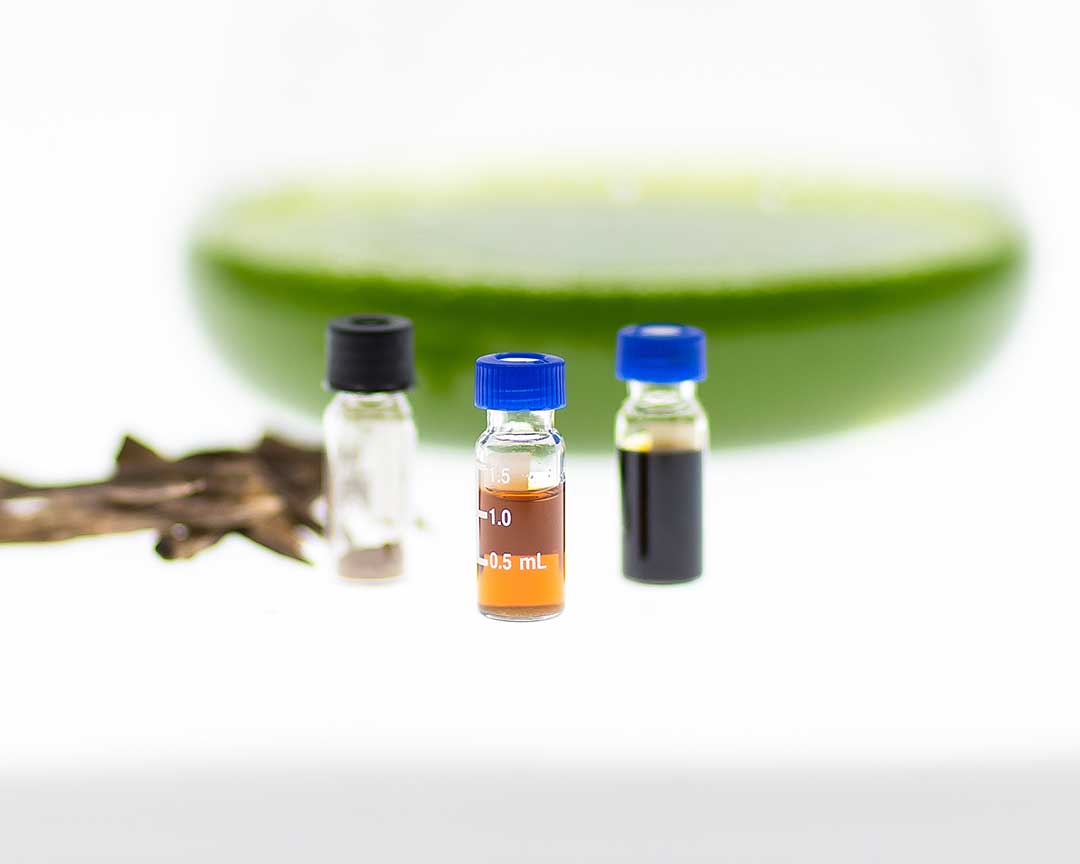KAUST scientists use synthetic biology and green chemistry to synthesize popular fragrances

The KAUST researchers who contributed to the study including Kyle Lauresen (4th from right) and Gyorgy Szekely (3rd from right).
Scientists at King Abdullah University of Science and Technology (KAUST) report a new synthetic biology process that follows the principles of green chemistry. The study offers an alternative process for the $44 billion perfume industry that avoids razing trees in environmentally sensitive regions.
Many of the world's most popular fragrant resins used in perfumes, essential oils and incense, including those in Saudi Arabia, come from agarwood, the wood derived from a family of trees mostly found in Southeast Asia. The only natural way to acquire these chemicals is by wounding the trees, and the high demand for these products has put many tree species at risk of extinction.
The main fragrant compounds of agarwood are sesquiterpenoids. After examining 58 samples of agarwood to identify nine core structures of fragrant sesquiterpenoids, the Sustainable & Synthetic Biotechnology Group at KAUST, led by Assistant Professor Kyle Lauersen, metabolically engineered an alga to reprogram the microbe into a biological machine that produces these core structures, or ‘sesquiterpenoid skeletons’. Notably, through engineering the alga they achieved a yield up to 25 times higher than previously reported.
"Combining the two metabolic improvements had an unexpected synergistic effect that resulted in improved production of [sesqui]terpenes by algae," remarked Lauersen, who was the first to demonstrate metabolic engineering in eukaryotic algae to produce sesquiterpenoids. He added that some of the compounds produced by his metabolically engineered algae have potential for drug development, but that fragrances make a preferable initial commercial target.

A photo of the product made using the study's bioprocess.
Using these algae, Lauresen's team designed a new bioprocess to synthesize 103 types of fragrant sesquiterpenoids from the skeletons. The bioprocess depended on a collaboration with the Szekely Group Group led by Assistant Professor Gyorgy Szekely, which developed an energy-efficient nanofiltration step to concentrate the products. Unlike previous efforts in the field, the whole process can run at room temperature and produces minimal waste, validating the process as cheap and completely ‘green’ for an industry heavily dependent on dwindling natural resources.
"What is remarkable is the simplicity of the process. Any laboratory equipped with basic chemistry infrastructure can conduct these experiments. This work is a good demonstration of how clever synthetic biology can reprogram nature to produce chemicals that are otherwise acquired through environmental damage," said Lauersen.
The study can be read in Green Chemistry.

